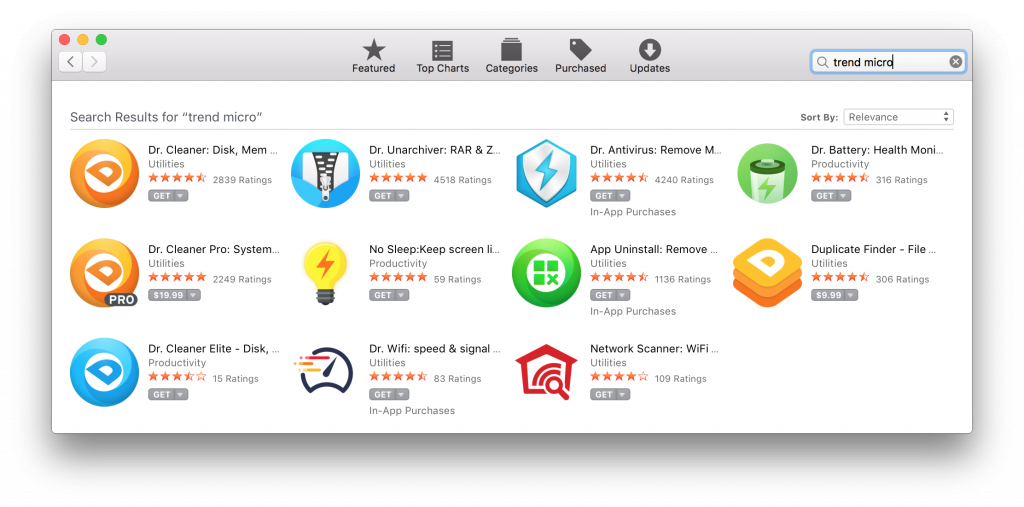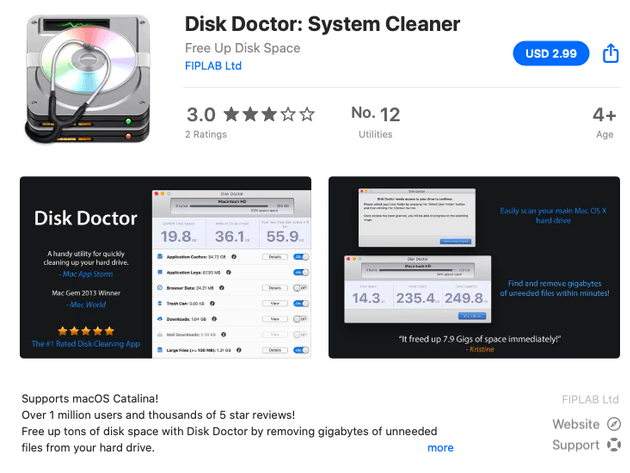

She said she wrote to ministers in every state and territory in August outlining the rough cost of installing HEPA filters in schools and their responses have been "patchy and inconsistent". University of New South Wales air pollution expert Donna Green said HEPA filters have been shown to reduce the transmission of COVID-19 by removing particles from the air and there was "no reason" to delay using them in schools. (ĪBC News: Emma Pollard) 'We've seen what's happened' Peter Lytwyn’s air purifier has three filters to clear pollutants. "Ensuring good ventilation is only one element of the response to support to the national plan to reopen Australia." "The minister has asked the Department of Health to work with other government agencies to consider additional protective ventilation measures that could be taken in environments where ventilation may be a factor that leads to a small number of additional infections," a spokesman said.

The federal Department of Health said the government was "actively working on this issue". "So far the governments have not made any announcements, any statements or recommendations about ventilation and the whole issue of the virus being in the air so, yes, the governments are failing us," she said. Professor Morawska said lives could have been saved in Australia if more had been done to reduce indoor COVID-19 transmission. "When I took out the old filter there was a fair bit of dust on it, so that could be in my lungs instead." Mr Lytwyn said the system is quiet and easy to use. "I feel it's improved my health, less sneezing, I probably haven't had a cold for years," he said. Peter Lytwyn says the filter has made a big difference to his health. "Different viruses going around and I just wanted to get the best medical HEPA filter I could get. Queensland retiree Peter Lytwyn said he got a HEPA filter about 18 months ago to capture dust, dog hair and viruses like COVID-19.
#Dr cleaner stopped working on my mac portable
"If we have air purifiers which filter the virus from the air, the infection risk is significantly reduced," she said.Ī Melbourne study found two small portable HEPA filters cleared 99 per cent of aerosols from a hospital room within 5.5 minutes. If that is not an option and air-conditioning is not reducing CO2 levels, then air purifiers, such as high-efficiency particulate air (HEPA) filters, can be used. Professor Morawska's advice is to "do everything possible" to bring outdoor air inside. High carbon dioxide levels can be an indication better ventilation is needed to help reduce the risk of airborne transmission of viruses. Read moreĬarbon dioxide (CO2) monitors – which measure human exhalation – should be displayed in "every public space" so individuals can improve ventilation or leave if concentrations are too high, she said. She said a "paradigm change" is needed in the design of public buildings to ensure the air inside them is clean.Īn expert in air quality is warning Australia's reticence to improve ventilation and acknowledge airborne spread of COVID-19 is leading to lockdowns that could have been avoided. "The community for the past year-and-a-half has been taught to clean hands, sanitise hands, clean surfaces … but nothing about cleaning the air," Professor Morawska said. She said the lack of indoor air quality standards in Australia is "a big problem" because without them "no-one does anything". Queensland University of Technology professor Lidia Morawska was recently named by Time magazine as one of the 100 most influential people in the world for her role in highlighting the airborne transmission of COVID-19.



 0 kommentar(er)
0 kommentar(er)
